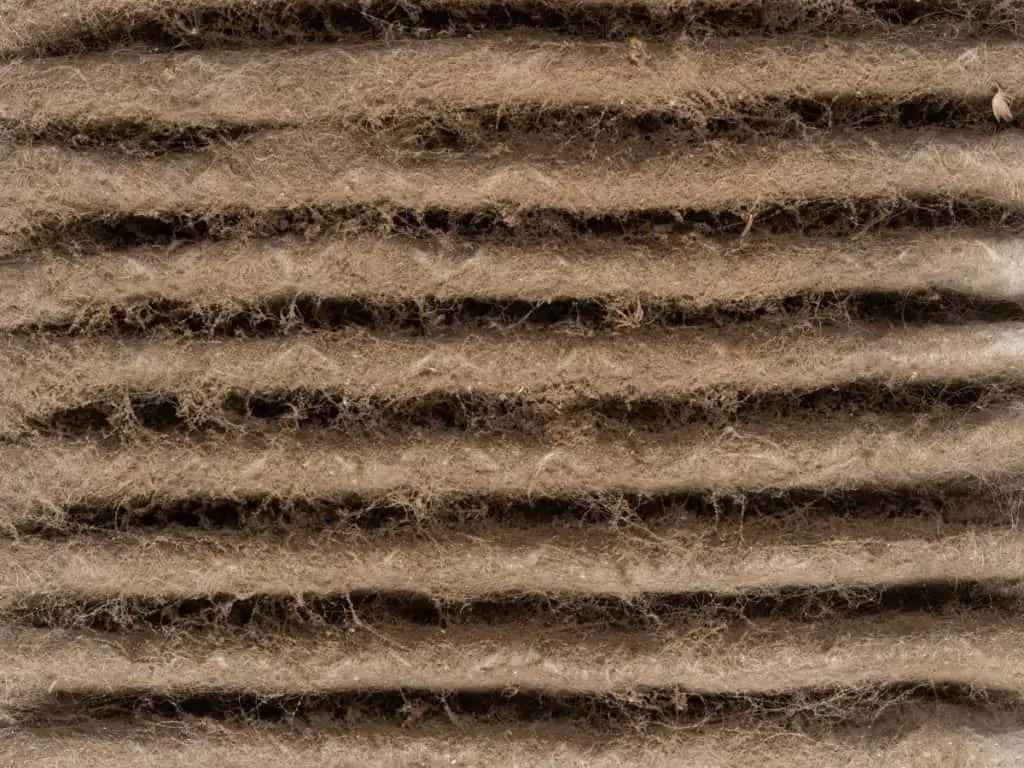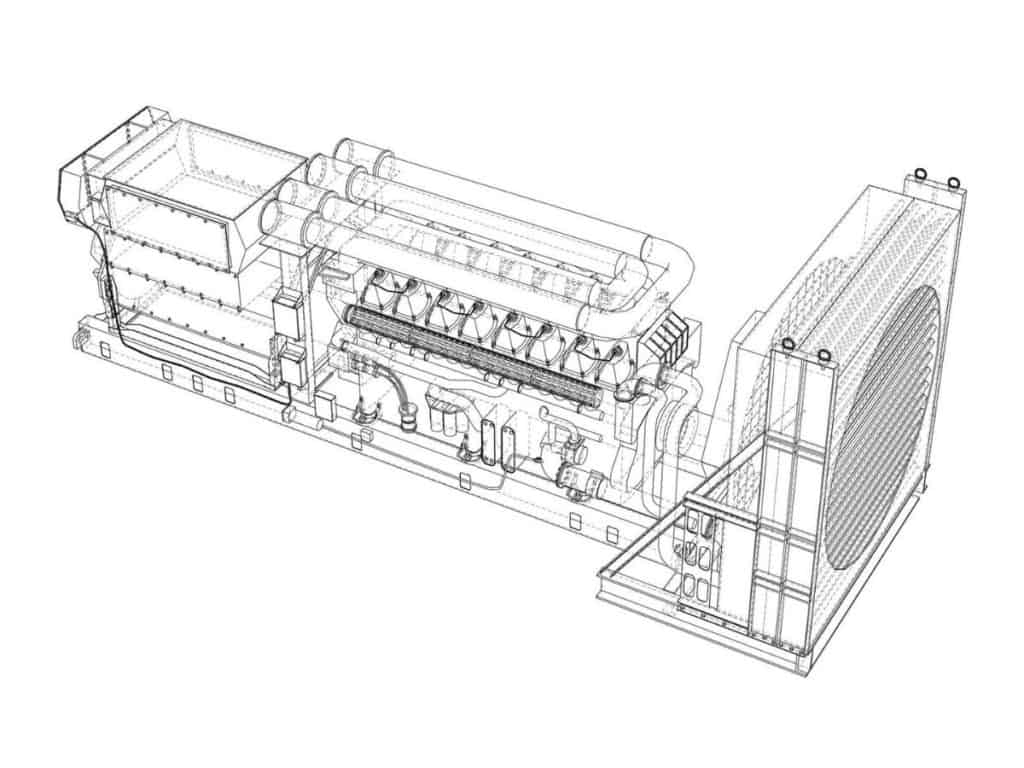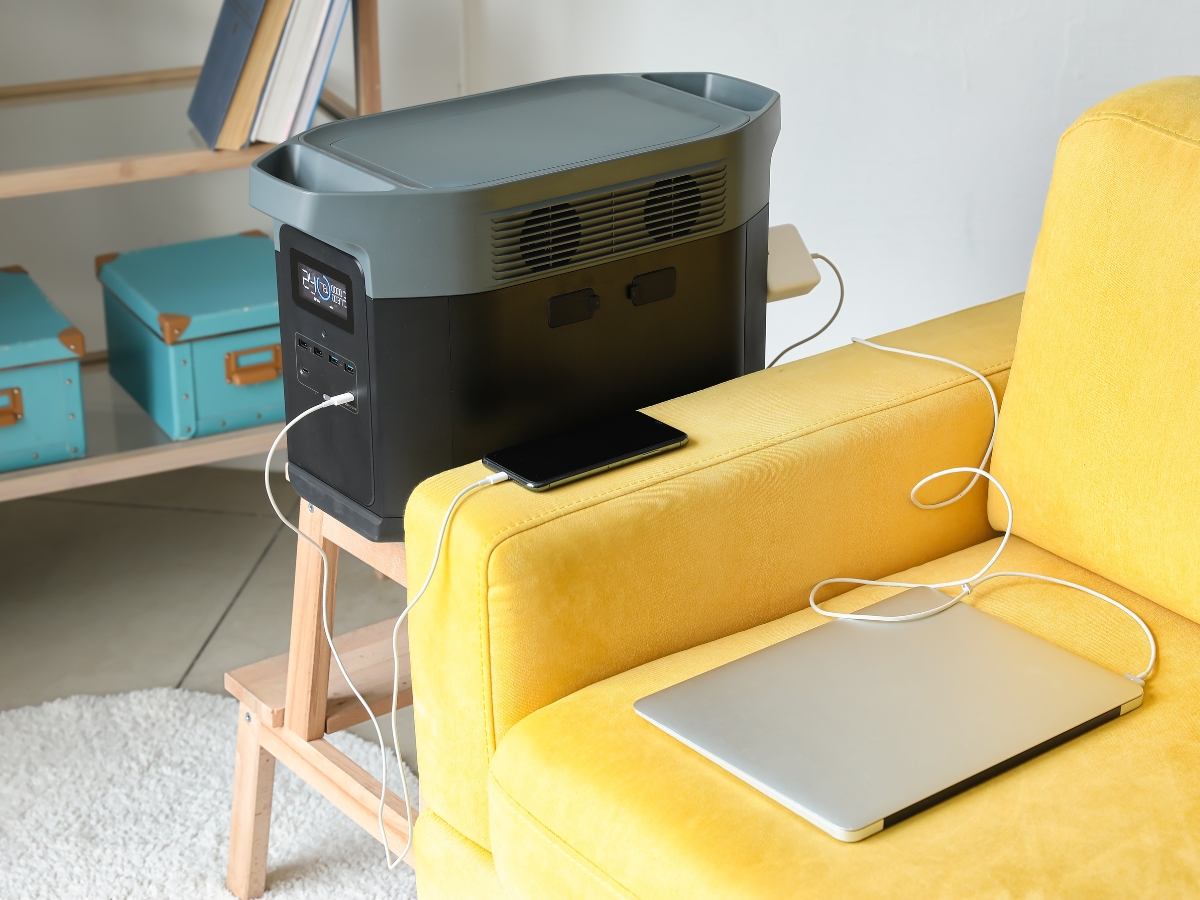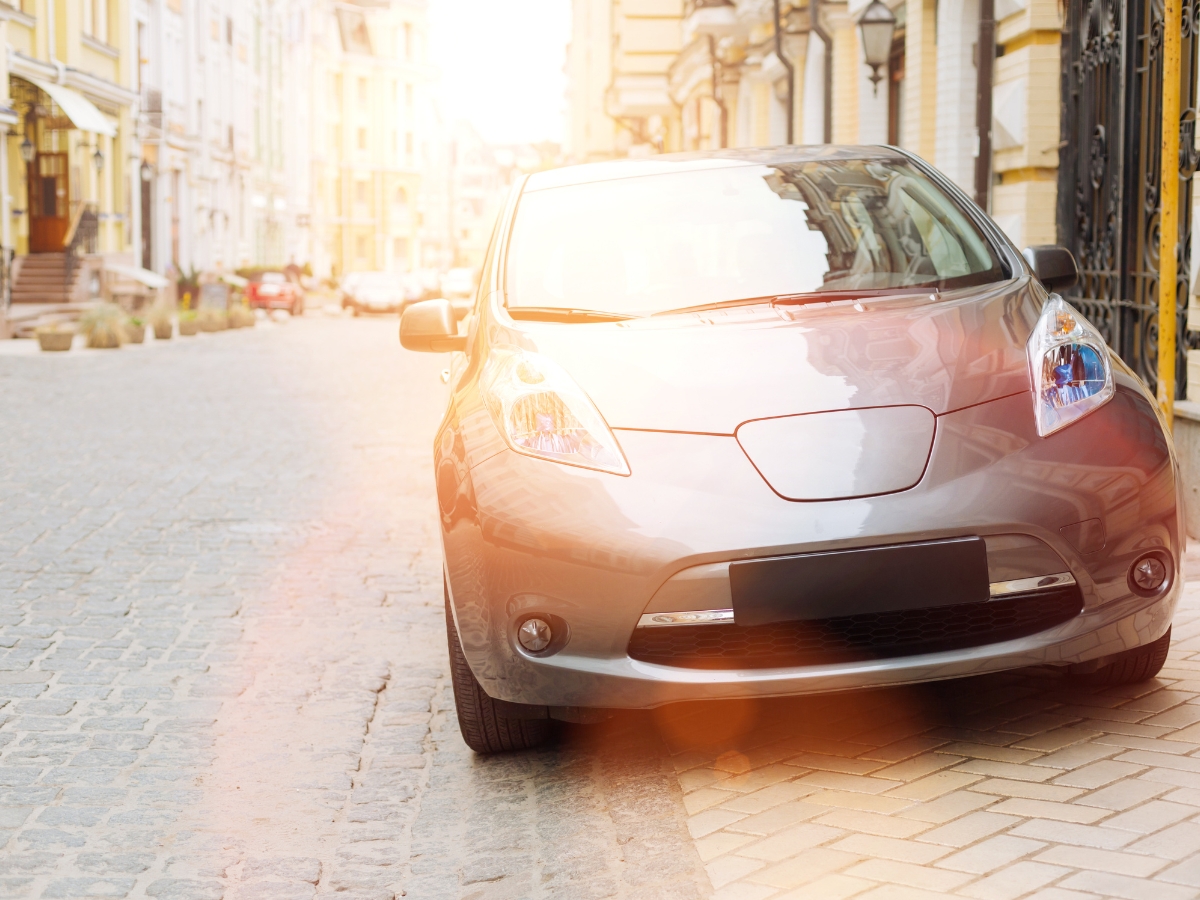Combustion engines fuel generators; devices create power via a controlled burn. The energy your generator needs to run is made by combining fuel and oxygen.
Air filters ensure that your engine uses the cleanest, purest air. Clean air prolongs the life of your engine and improves the function of your generator.
This article examines the functions and duties of air filters in generators. We further discuss the risks of running a generator without a functioning filter and offer tips on cleaning your air purifier.

Does A Generator Need An Air Filter?
Every generator requires an air filter to keep troublesome particles and debris out of the engine. The air filter collects dust and mold to ensure that only clean air goes into the combustion engine.
Contaminated air covers the engine’s moving parts and damages them, preventing the engine from operating optimally. The generator needs a well-maintained engine, and a machine can’t be well-maintained without a filter.
Can You Run An Engine Without An Air Filter?
Technically, yes, an engine can run without an air filter. However, running the engine without an air filter allows damaging debris and particles to get into the engine.
These particles harm the machine and prevent the generator from running effectively. Therefore, your generator should always have a clean, well-maintained air filter in place.
What Does A Generator Air Filter Do?
The generator air filter does precisely what the name suggests: it filters out any debris and detritus that will prevent your engine from functioning correctly. Air filters remove:
- Dust
- Pollen
- Mold
The filtration process ensures only clean air enters the engine. Clean air is essential to generator maintenance. Impurities in the air need to be removed, or they will damage the engine. The air filter prevents such damage.
What Happens To An Engine Without An Air Filter?
The air is full of dust and particles that are detrimental to your engine. Without some form of cleaner, these particles make it into the machine and attach to the engine’s component parts. Air filters keep debris and dirt out of the combustion engine.
The dust, dirt, and debris damage the engine’s parts, which causes the engine to wear out more quickly by damaging pistons and cylinders. The particles also wear down cylinder walls and piston rings and may take away the engine’s ability to compress fuel and air effectively.
An engine without a filter works harder, so it requires more fuel. Generators without air filters use more power and require more frequent re-fillings.

Do Portable Generators Have Air Filters?
Yes, portable generators use combustion engines, requiring filters to clean their air. Combustion engines use purified air to strike sparks and burn to create energy. Therefore, it would be best to clean air filters on a regular maintenance schedule.
Where Is The Air Filter On A Generator?
Air filters are kept in a housing unit in a generator. The precise location of each casing depends on the model and brand of the generator. Your generator’s owner’s manual will tell you where the air filter housing is located.
Does Removing The Air Filter Increase Power?
Removing an air filter increases an engine’s power marginally, but the difference is negligible and not worth the cost. Running your generator without an air filter temporarily ramps up the energy while shortening the engine’s life. It is best to use a high-flow air filter.
Can You Leave The Air Filter Cover Off?
Do not run your generator without a cover on your air filter. Without a cover, your filter sucks in hotter air from the generator and knocks the filter out of alignment.
How Long Can I Go Without An Air Filter?
You shouldn’t run generators without an air filter, but it should be for short times if you must. You can run your generator between 6 and 8 hours before severe damage is done. However, running a generator without an air filter should be a last resort.
How Many Filters Does A Generator Have?
Generators have three filters, each designed to clean a different essential fueling component of the combustion engine. These are:
- Oil Filter: This filter removes the gunk from the oil as it passes through the machine.
- Fuel Filter: The fuel filter keeps dust and dirt particles out of fuel pumps and injectors. You must use the correct fuel injector for your generator. Most fuel filters provide 500 hours or 20 days of continuous use.
- Air filters: Air filters clean the air of particles and debris before it enters the combustion engine. These purifiers last for 500 hours of use.
How Do You Clean A Generator Air Filter?
Clogged air filters can cause power loss. Fuel needs clean air to mix with to ensure proper burning in a combustion engine. Cleaning your air filter is simple; just follow these seven steps:
- Locate the filter housing. Often it’s on the lower, left-hand back, but it varies depending on the generator.
- Undo the clips of the filter housing
- Remove foam filter directly under the cover.
- Clean the filter with water and liquid detergent. Squeeze out excess water, but don’t wring or twist it
- Allow the filter to dry. Once it has, saturate one side of it with clean oil. Use a clean cloth to absorb the excess oil.
- Replace the filter in the housing unit, oil side facing the engine.
- Return the air cover and fasten the clips
Your air filter needs to be cleaned after sixty to one hundred hours of use.
What Is An Air Filter?
Air filters are devices that remove impurities such as:
- Dust
- Dirt
- Mold
Air filters functionally clean the air pulled into your generator. These devices are made of spun fiberglass material, pleated paper, or cloth. Filters reduce wear on an engine’s piston rods, the valve gear, and the cylinder.
Engine Blowing Back Through The Air Filter
Your engine may blow oil back into your air filter. Engine blowback is caused by:
- Worn piston rings
- Clogged oil passages
- A worn PCV valve
Oil And Gas Coming Out Of The Air Filter
Oil or gas coming out of an air filter indicates that engine valves aren’t working correctly, usually caused by excessive built-up debris.
This backup occurs when a PCV valve is faulty—the damaged piece results in excessive amounts of carbon and the formation of engine sludge.
Generator Leaking Gas From Air Filter
Generators leak gas from the air filter for two reasons. The first cause of leakages is when there are issues with the fuel shut-off valve. If it is loose or broken, it may prevent the valve from fully closing, allowing gas to leak from the air filter.
The second cause of leakages is improper seals between the float needle and the seat in the carburetor, which make the carburetor bowl fill to overflowing. The surplus gas goes into the throat and out through the air filter.
These occurrences happen for a few reasons:
- There could be a deformity or tear in the rubber needle or seat.
- The gas may have turned to varnish.
- The debris could have passed by the fuel filter.
Identifying the cause of the leak will help in fixing the problem and causing any further leakage.



